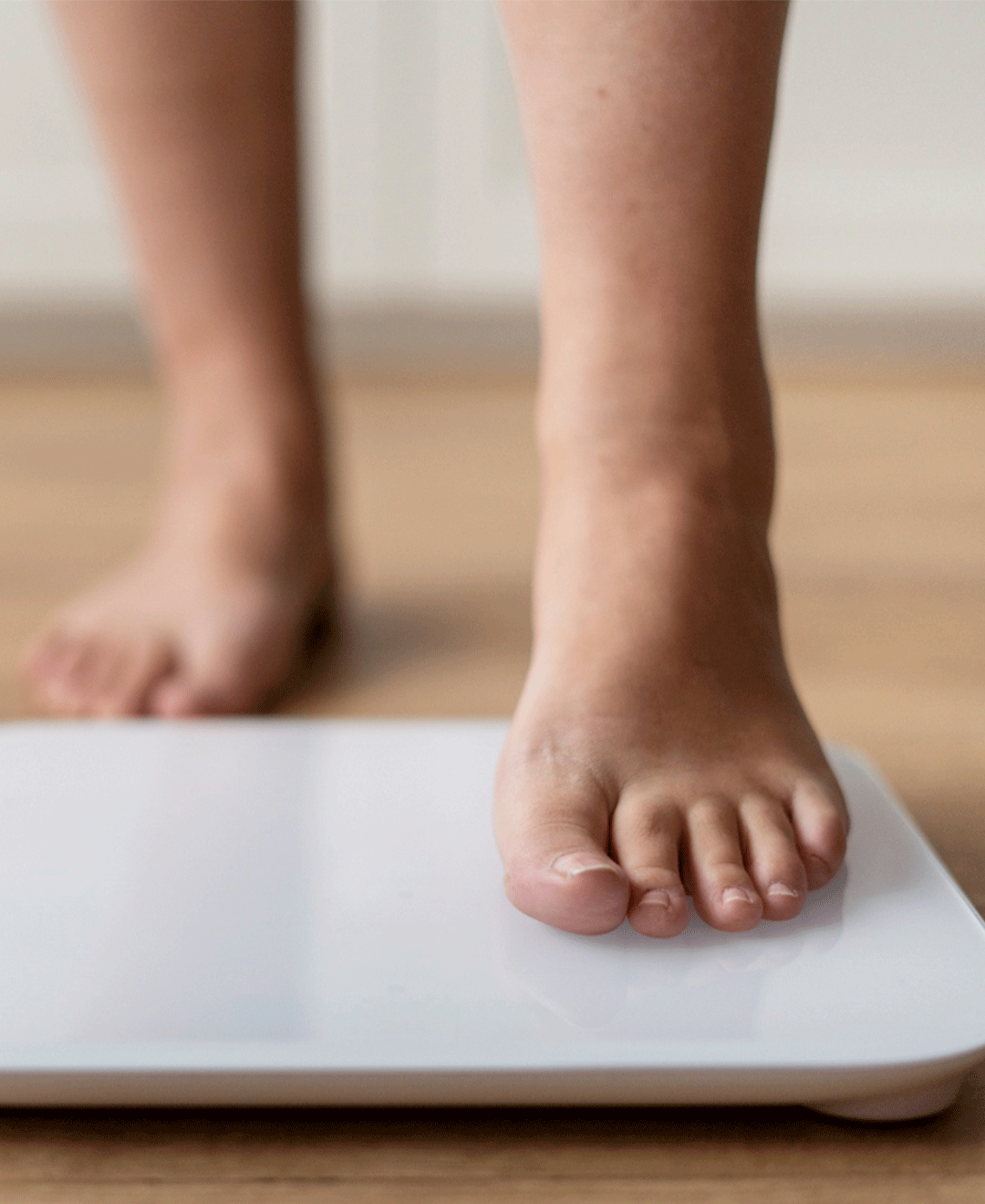
How is weight gain related to sleep deprivation?
Even though it’s well-known that having a good quality of sleep is important for our body to function properly as well as its many benefits for our mental and physical health, sleep deprivation’s devastating effects can also be underestimated on a short, medium, and long scale. As part of the celebration of World Obesity Day (March 4) and World Sleep Day (March 17), we want to talk about how these two important health issues are related and how to prevent them from affecting your quality of life, besides its causes and consequences.
Leptin and Ghrelin Disbalanced
Sleep plays a key role in hormonal production and regulation. Among the many hormones that our endocrine glands produce, there are two that control your appetite and fullness: leptin and ghrelin. On one hand, leptin acts as a natural appetite suppressant and it is secreted in different tissues, mainly in adipose tissue. On the other hand, ghrelin is responsible for increasing appetite and sending signals that the body is hungry, it is predominantly produced by the stomach.
The regulation of these hormones can be easily affected by lack of sleep. When experiencing sleep deprivation, leptin levels drop and ghrelin levels rise. As a result, our natural appetite suppressant hormone stops working properly, while our appetite-boosting hormone reaches its peak, which causes the body to crave more food, especially high-calorie food. A situation that can cause weight gain if constantly repeated.
Unhealthy “rewards” and poor food choices
Several studies have shown that people who do not get enough sleep tend to have more desire to eat junk food and high-calorie food instead of nutritious and healthy foods. In addition to the lack of satiety that low leptin levels can generate, researchers believe that sleep deprivation causes the pleasure-loving region of the brain to seek out a reward in “delicious but unhealthy food”, leading the person most likely to choose carbohydrates, sweets and saturated fats incorrectly.
When hunger and appetite hormones are imbalanced, our brain puts us in a scenario in which not only we’re most likely to open the fridge multiple times due to our cravings but also ignore the fruits, vegetables and healthy treats that are inside.
Cravings and its frequency
Other studies have concluded that caloric intake can be directly proportional to the awake time: The more time we spend awake, the more opportunities we have to eat. It has been identified that people with short-term sleep duration eat more frequently than those with a regular sleep pattern.
Consider the scenario where your brain is not only seeking the unhealthy reward we discussed above, but is also asking for it several times per day due to lack of sleep. As a result of all of these factors combined, plus the unhealthy consequences of sleep deprivation, there is a greater chance of gaining weight.
Yet, Low Energy Levels
Poor sleep leads to low energy levels, making us feel fatigued, tired, and sleepy the next day, which reduces our motivation to stay active and healthy. It is most likely that the person feels unmotivated to exercise and eat healthily. A sedentary lifestyle and unbalanced nutrition follow. The body can’t sleep well, becomes hungrier, feels less satisfied, and makes poor food choices.
In conclusion, weight loss is not just a matter of healthy eating and exercising. There are many factors that can influence a person’s weight, including the quantity and quality of sleep. So, from now on pay more attention to your sleeping habits. If you’re having trouble sleeping, have insomnia, apneas or other sleep disorders, don’t hesitate to find a health care provider, as sleep deprivation can seriously harm your health.





